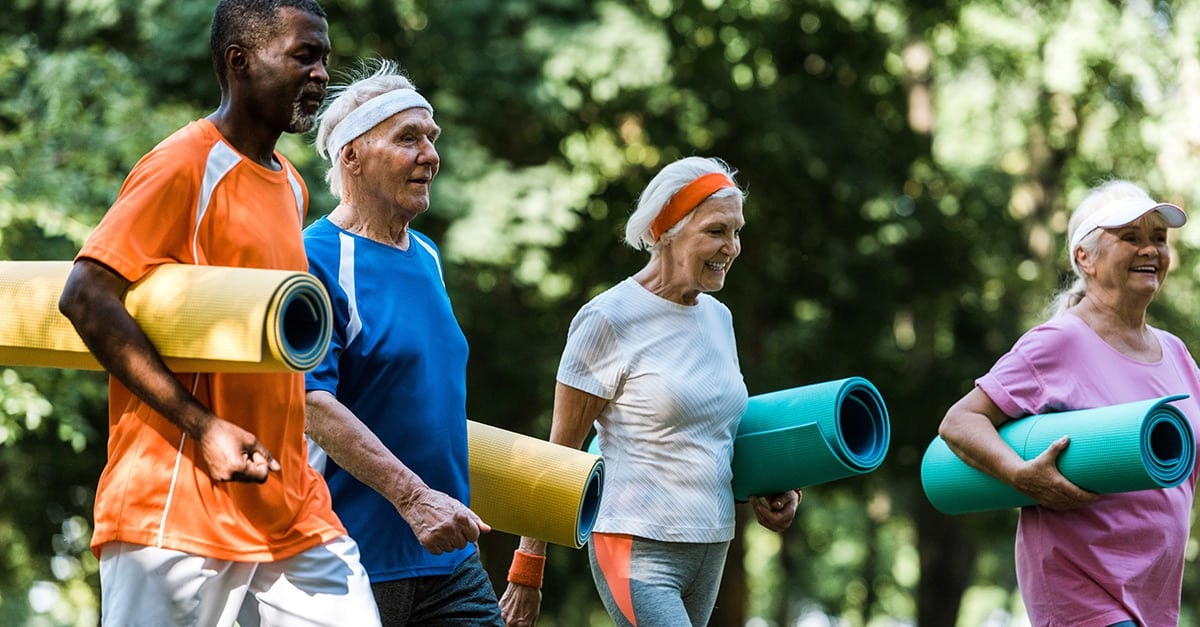
The Importance of Self-care for Caregivers
Caring for a loved one can be both rewarding and challenging. As a caregiver, it is essential to take care of your emotional, social, and physical needs, in addition to caring for the person who is ill. Taking care of your own needs is referred to as self-care.
But, what is self-care?
Self-care is the concept of taking care of yourself through the things you do daily, weekly, or monthly to maintain your physical and mental health.
But, you may be wondering, “How can I focus on my needs when I hardly have enough time to breathe?” Caregiving can lead you to neglect your physical, social, spiritual, and emotional health. This may occur due to lack of time, fatigue, inability to leave your loved one alone, and feeling guilty for enjoying yourself while your relative is suffering.
Whatever the case, ignoring your own needs can lead to health problems, isolation, and disruption in your usual relationships.
It’s ok (and necessary!) for you to care for yourself while caring for an ill relative or friend.
Self-care starts with a few fundamental principles:
- Take time to understand your feelings, and watch out for signs of distress, depression, and anxiety.
- Stay engaged in your social circle. Talk or visit with close friends or family, in person or online. Continue to do things you enjoy, maintain hobbies, work, and other activities that are important to you.
- Pay attention to your physical well-being.
- Eat healthy, well-balanced meals and drink plenty of water.
- Get an average of 6-8 hours of uninterrupted sleep per night.
- Exercise for at least 20 minutes several times per week.
- Take some time to relax daily.
- See your doctor and dentist according to schedule.
- Try to get out of the house at least once a day.
- Focus on your spiritual self
- Take some time out to pray, meditate, or do other spiritual practices.
- Speak to a chaplain to help you make sense of the situation
- Reconnect or establish a stable connection with a religious community or group.
- Explore your beliefs, even if you are not affiliated with any organized religious group.
- Try to find meaning in your relative’s illness and your role as a caregiver.
By no means should you expect to incorporate all these activities into your daily life. Just remember that everything you do counts and can help you feel better emotionally, spiritually, and physically.
You need to keep in mind that if you are the primary caregiver for a friend or a loved one, it is not realistic to handle everything yourself. Read more about Caring for Yourself as the Caregiver.
At MJHS, we value both personal and professional caregivers and recognize the critical work you do. That is why we have created these online caregiving resources to help you through this crucial time in your life.
If you need additional help and support caring for your loved one, please feel free to contact MJHS. We can recommend other care options available to you through one of our programs.